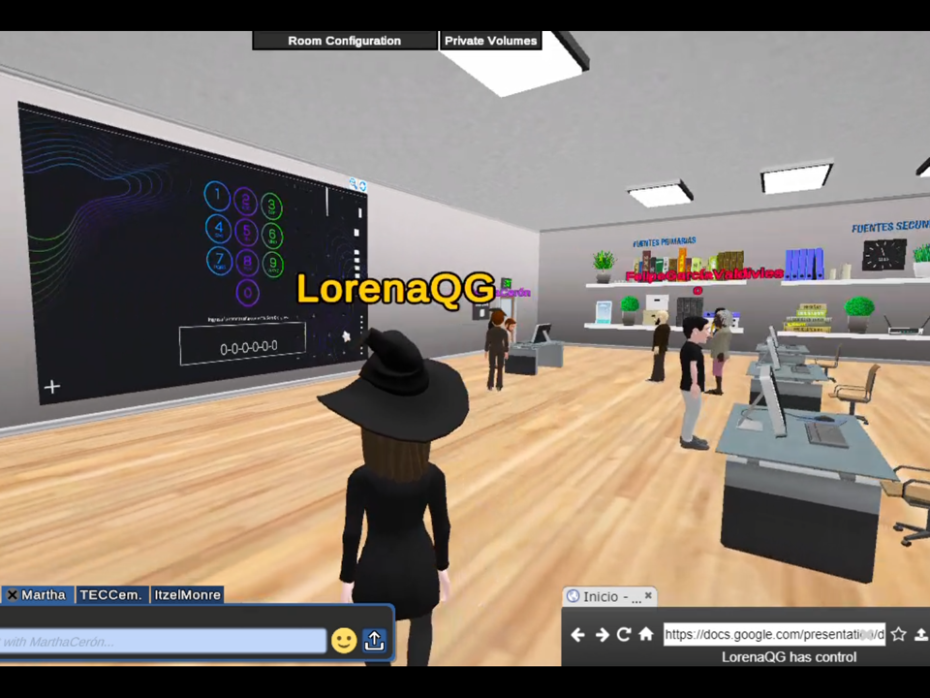As cultural institutions navigate unprecedented digital challenges, universities face a similar existential question: will we continue to have meaningful, affordable access to the knowledge we need to teach, research, and innovate?
The Internet Archive Europe’s Our Future Memory campaign reveals how libraries, archives and museums – collectively known as memory institutions – are being squeezed by digital licensing practices that strip them of their traditional rights to preserve and share knowledge. Their experience holds a powerful warning and a road map for the higher education sector.
Why this matters to higher education
In today’s hybrid learning environments, the university experience relies more than ever on access to digital resources. Yet we are seeing:
• Disappearing e-textbooks: mid-semester, essential materials can vanish as a result of publisher licence withdrawals
• Accessibility rights overridden: although the law explicitly permits the creation of accessible versions for students with disabilities – and the Marrakesh Treaty reinforces this right – contract clauses are increasingly used to override these protections
• Data-collecting digital platforms: many licences require the sharing of student data, raising concerns about privacy and compliance
• Barriers to research: licensing clauses often prohibit text and data mining (TDM), even when allowed under copyright law, which is especially problematic for AI-related research.
The fundamental shift from content ownership to digital licensing has created a “renter’s trap”. Unlike physical books, universities no longer own their content – they borrow it under restrictive conditions.
This is exactly what memory institutions are fighting against. And their strategy offers practical lessons for the higher education sector.
- Spotlight guide: Redefining the university library for 2025 and beyond
- ‘Many academic librarians are now effectively digital curators’
- Higher education library roles explained
The four rights that safeguard access
The Our Future Memory campaign puts forward four digital rights that memory institutions must retain. These rights can serve as a useful checklist for universities evaluating vendor contracts or digital access policies:
- The right to collect
Ensure that institutions can acquire “forever copies” of digital content through lawful means, including digitisation and purchase, even when platforms try to restrict access to streaming-only or pay-per-use formats - The right to preserve
Contracts should allow universities to back up and archive materials for long-term access. Without this, we risk a “digital dark age” in which future students and researchers are unable to retrieve past knowledge - The right to lend
Just like physical books, digital materials should be lendable under traditional library terms. Licences that block this disrupt equity of access - The right to cooperate
Institutions should be allowed to share digital content with one another to avoid duplication and ensure continuity of service, especially vital for resource-constrained or specialised programmes.
These rights reflect not just archival needs but the core mission of universities: equitable, open and sustainable access to knowledge.
How current contracts are undermining research and education
Digital licensing contracts now commonly include a range of restrictive and exploitative clauses that severely hinder university libraries’ ability to fulfil their educational and research missions, including:
1. Blocked access to key materials
• Refusal to license: publishers often deny libraries access to key textbooks and fiction, forcing students to purchase them individually. Content may also be removed without warning
• Arbitrary withdrawal: contracts permit publishers to remove content “at their sole discretion,” resulting in unpredictable gaps in access.
2. Exploitative licensing models
• Bundled content: libraries must purchase large bundles of digital titles, many of which are irrelevant, just to access critical materials
• Metered access: documents expire after limited uses, requiring constant repurchasing
• Surveillance-based licensing: some licences rely on individual user data, compelling institutions to share personal information and risking GDPR breaches.
3. Barriers to research and innovation
• AI and browser bans: new clauses ban AI tools – even browsers with built-in features – making compliance unmanageable
• TDM restrictions: despite EU law protecting text and data mining for research, licences often override it, with threats of access suspension
• Foreign law imposition: some contracts apply non-European Union law, undermining local and EU-level protections.
These clauses reflect a trend: vendors treating universities like corporate clients, despite their public-interest missions. This isn’t just poor service – it’s an erosion of equity, openness and long-term knowledge stewardship and amounts to deregulation by stealth.
Practical actions for university staff and leadership
Here’s what higher education professionals, whether in teaching, research, library services or administration, can do:
• Sign the Our Future Memory statement
Universities, university libraries and research centres should sign the Four Rights statement and join the movement
• Audit digital licences
Does your current licensing uphold the four rights? If not, what would renegotiation or change require?
• Support collective advocacy
Engage with campaigns such as Our Future Memory or national consortia to strengthen bargaining power and shape policy
• Push for blacklists of unfair clauses
Memory institutions advocate for blacklisting abusive terms, similar to consumer law. Higher education should echo this call, because its vulnerabilities are comparable
• Educate faculty and researchers
Many academics are unaware that many research tools, including AI, may be blocked by licensing restrictions. Clarify permissions and advocate for research-friendly terms.
The stakes are academic freedom and equitable learning
This is about more than budgets or bureaucracy: it’s about the future of research and teaching itself. If memory institutions lose the right to collect, preserve, lend and collaborate, higher education won’t be far behind.
As the campaign puts it: “Our Future Memory depends on the choices we make today”. Universities must ensure that digital transformation doesn’t come at the cost of academic freedom or educational equity.
Beatrice Murch is programme manager at Internet Archive Europe.
If you would like advice and insight from academics and university staff delivered direct to your inbox each week, sign up for the Campus newsletter.




comment